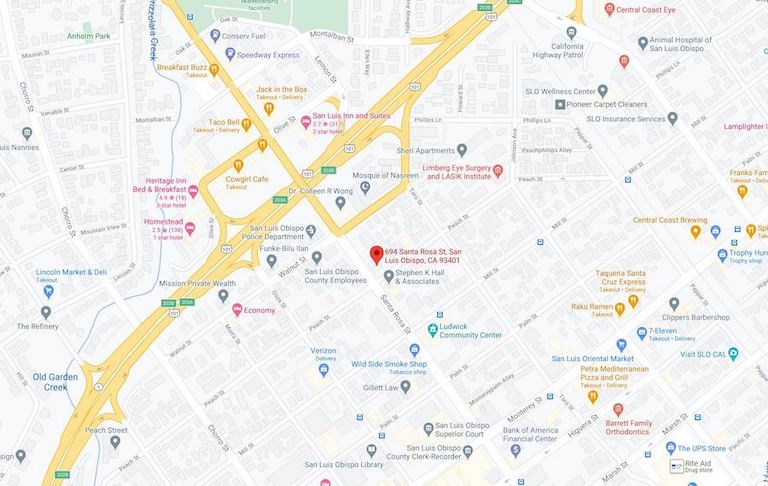It is no secret that litigation is time consuming and costly. Whether you are the plaintiff or defendant, these costs are somewhat expected and easier to anticipate and budget for as an organization, but understandably less so for individuals. When litigation costs need to be incurred by third parties who are not directly involved in the lawsuit, these costs can come as more of a surprise to a company, particularly from a budget perspective. This surprise can occur, for example, because you or your company are served with third party subpoenas to produce documents, or if you are called as a witness in a deposition or in a trial or arbitration proceeding for matters with which your company was (only tangentially) involved. Any of these legal proceedings, whether isolated to the discovery process or extending through trial, are expensive and usually require obtaining the services of an attorney, resulting in unexpected legal fees.
Indeed, if you receive a third party subpoena to produce documents, collection, review and production can cost thousands of dollars, as can negotiating the scope of the subpoena with counsel in the matter or having to go to court to litigate the subpoena. Further, lawyers cost hundreds of dollars an hour, and so obtaining their services to assist in representing you in connection with a subpoena, or in a deposition or during testimony at trial can really add up quickly, especially for smaller companies.
There are, however, ways you can plan and help insulate your company from these types of unanticipated, third party legal costs. Indemnification provisions are not always drafted with such third party costs in mind, so in addition to indemnification provisions, an easy way to protect your company from third party litigation costs is to write protections into your vendor or customer service agreements shifting the burden of paying for such legal fees to the party with which you are agreeing to do business.
For example, let’s say your company agreed to provide consulting and marketing services for another company and its products, and after expiration of the contract, that company is sued in a consumer class action alleging products liability and false advertising for allegedly overstating the capabilities of its products. As your company provided marketing and consulting services for a company that is now a defendant in a litigation, your company is likely in possession of relevant information, and it may receive a subpoena for documents or testimony, potentially costing you thousands in legal fees.
To protect your company from these unexpected costs, negotiating a cost shifting provision up front in your vendor or customer service agreements can really help and may provide a path for reimbursement of some or all of these legal fees. Including such a provision could help shift, for example, legal costs to respond to a subpoena or testify at trial, arbitration or in any pretrial discovery proceeding, relating to the services provided to the party procuring the third party’s services. This could include any reasonable attorney’s fees and costs incurred for any preparation or participation in any such trial, arbitration or pretrial discovery proceeding.
Including cost shifting language in your vendor or customer service agreements can help insulate your company from these costs if and when they arise, and give you the comfort of knowing you won’t have unanticipated third party legal costs as a result of your business dealings.
Contact Legal Professional
The information provided herein does not, and is not intended to, constitute legal advice; instead all information, content, and materials are for general informational purposes only.
If you have any questions, please contact Carmel & Naccasha, and for more details, read our full disclaimer.
If you have any questions about this article or would like legal assistance drafting more protective vendor agreements, please contact Jessica Raynor.



